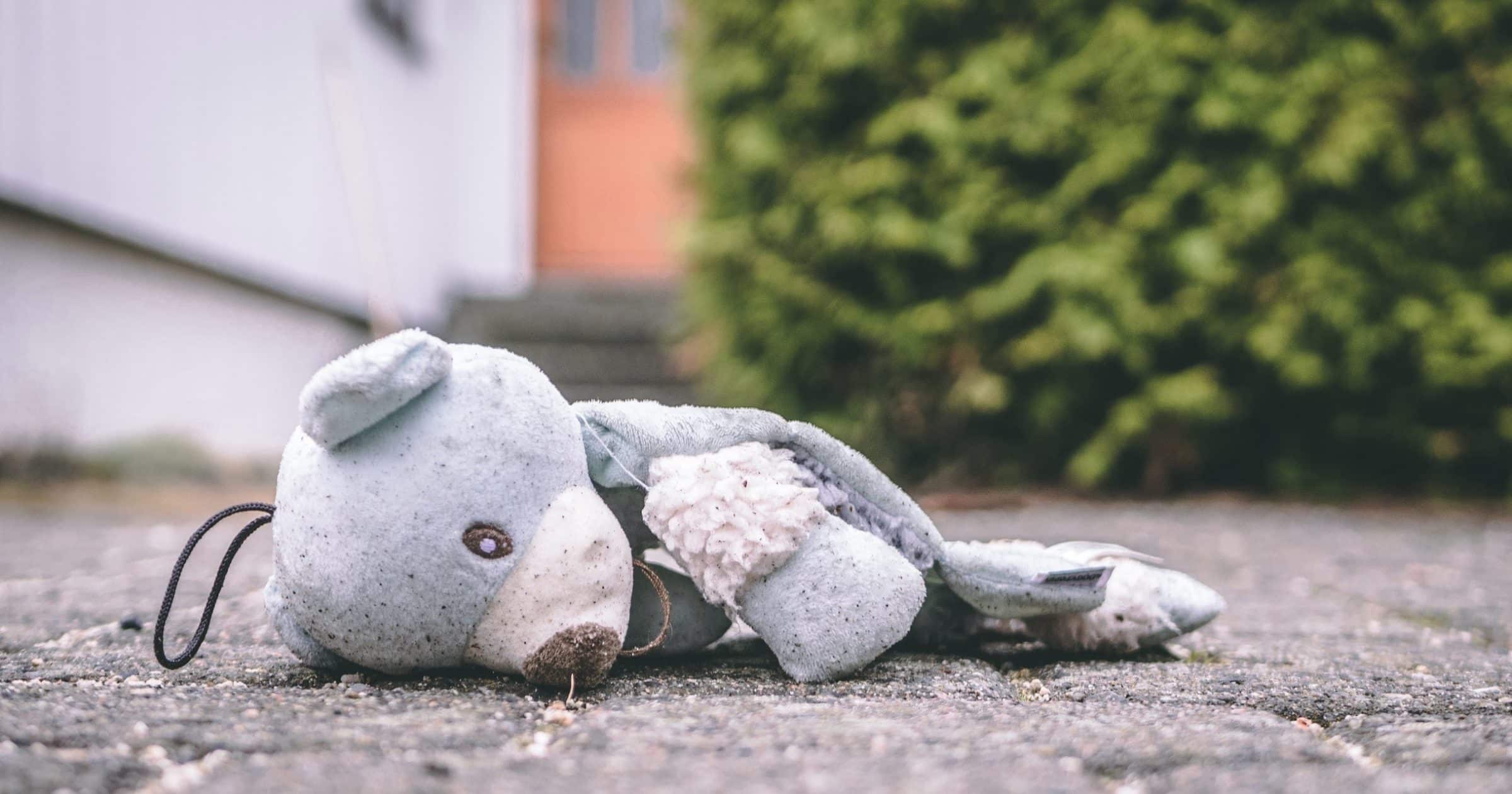 Faith & Science
Faith & Science
 Intelligent Design
Intelligent Design
Intelligent Design and Man’s Free Will

In a series of posts, of which this is the third, I am considering the problem of pain, but also indirectly, the “silence” of God. See my earlier posts here and here.
I believe that the unhappiness in this world attributable to “acts of God” (more properly called “acts of Nature”) is small compared to the unhappiness which we inflict on each other. Reform the human spirit and you have solved the problems of drug addiction, drunk driving, war, broken marriages, child abuse, neglect of the elderly, crime, corruption, and racial hatred. I suspect that many (not all, of course) of the problems which we generally blame on circumstances beyond our control are really caused by, or aggravated by, man — or at least could be prevented if we spent as much time trying to solve the world’s problems as we spend in hedonistic pursuits.
God has given us, on this Earth, the tools and resources necessary to construct, not a paradise, but something not too far from it. I am convinced that the majority of the things which make us most unhappy are the direct or indirect result of the sins and errors of people. Often, unfortunately, it is not the guilty person who suffers.
One of Our Highest Blessings
But our evil actions are also the inevitable result of one of our highest blessings — our free will. C. S. Lewis, in Mere Christianity, says:
Free will, though it makes evil possible, is also the only thing that makes possible any love or goodness or joy worth having…. Someone once asked me, ‘Why did God make a creature of such rotten stuff that it went wrong?’ The better stuff a creature is made of — the cleverer and stronger and freer it is — then the better it will be if it goes right, but also the worse it will be if it goes wrong.
Why do a husband and wife decide to have a child? A toy doll requires much less work, and does not throw a temper tantrum every time you make him take a bath or go to bed. A stuffed animal would be much less likely to mark on the walls with a crayon, or gripe about a meal which took hours to prepare. But most parents feel that the bad experiences in raising a real child are a price worth paying for the rewards — the hand-made valentine he brings home from school, and the “I love you” she whispers as she gives her mother and father a good night kiss.
They recognize that the same free will which makes a child more difficult to take care of than a stuffed animal also makes him more interesting. This must be the way our Creator feels about us. The freedom which God has given to us results, as an inevitable consequence, in many headaches for Him and for ourselves, but it is precisely this freedom which makes us more interesting than the other animals. God must feel that the headaches are a price worth paying: He has not taken back our free will, despite all the evil we have done. Why are there concentration camps in the world that God created? How could the Christian church sponsor the Crusades and the Inquisition? These terribly hard questions have a simple answer: because God gave us all a free will.
Wheat and Tares
Jesus told a parable about “wheat and tares,” which seems to teach that the weeds of sin and sorrow cannot be eliminated from the Earth without destroying the soil of human freedom from which the wheat of joy and goodness also springs. It is impossible to rid the world of the sorrow caused by pride, selfishness, and hatred without eliminating the free will which is also the source of all the unselfishness and love that there is in the world. Thought itself is an expression of our free will, and to say that God ought to prevent us from doing evil is to request that our ability to think be withdrawn. If we ask God to take back the free will which He has given us, we might as well ask Him to turn us into rocks.
If we base our view of mankind on what we see on the television news, we may feel that good and evil are greatly out of balance today; that there is much more pain than joy in the world, and much more evil than goodness. It is true that the amount of pain which exists in our world is overwhelming, but so is the amount of happiness. And if we look more closely at the lives of those around us, we will see that the soil of human freedom still produces wheat as well as weeds.
The dark night of Nazi Germany gave birth to the heroism of Dietrich Bonhoeffer, Corrie ten Boom, and many others. The well-known play The Effect of Gamma Rays on Man-in-the-Moon Marigolds is about two sisters raised by a bitter mother who suffocates ambition and discourages education. One sister ends up following the path to destruction taken by her mother; the other refuses to be trapped by her environment, and rises above it. It may seem at times that our world is choking on the weeds of pain and evil, but if we look closely we will see that wheat is still growing here.
Again we conclude that evil and unhappiness are the inevitable by-products of one of our most priceless blessings: our human free will.
Next, “Intelligent Design and the Interdependence of Human Lives.”
This series is adapted from Dr. Sewell’s book In the Beginning and Other Essays on Intelligent Design.
